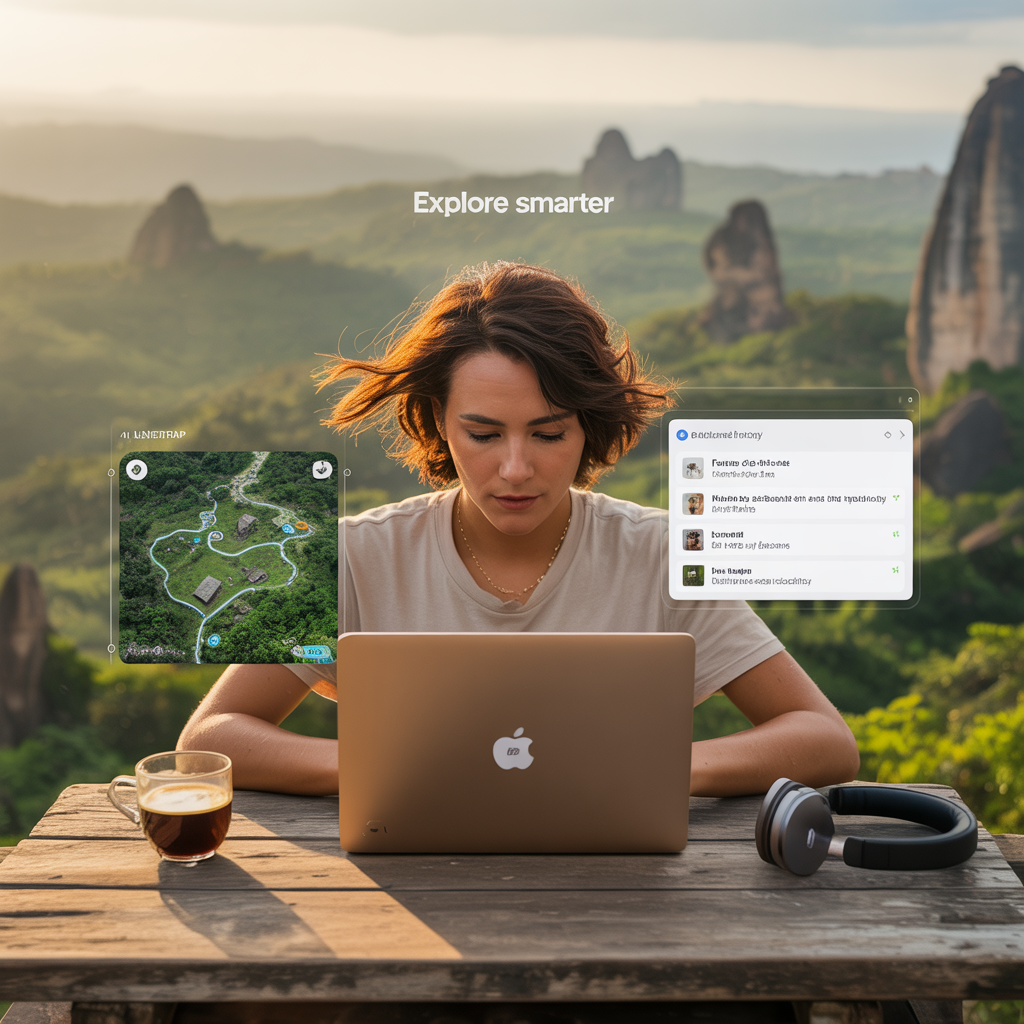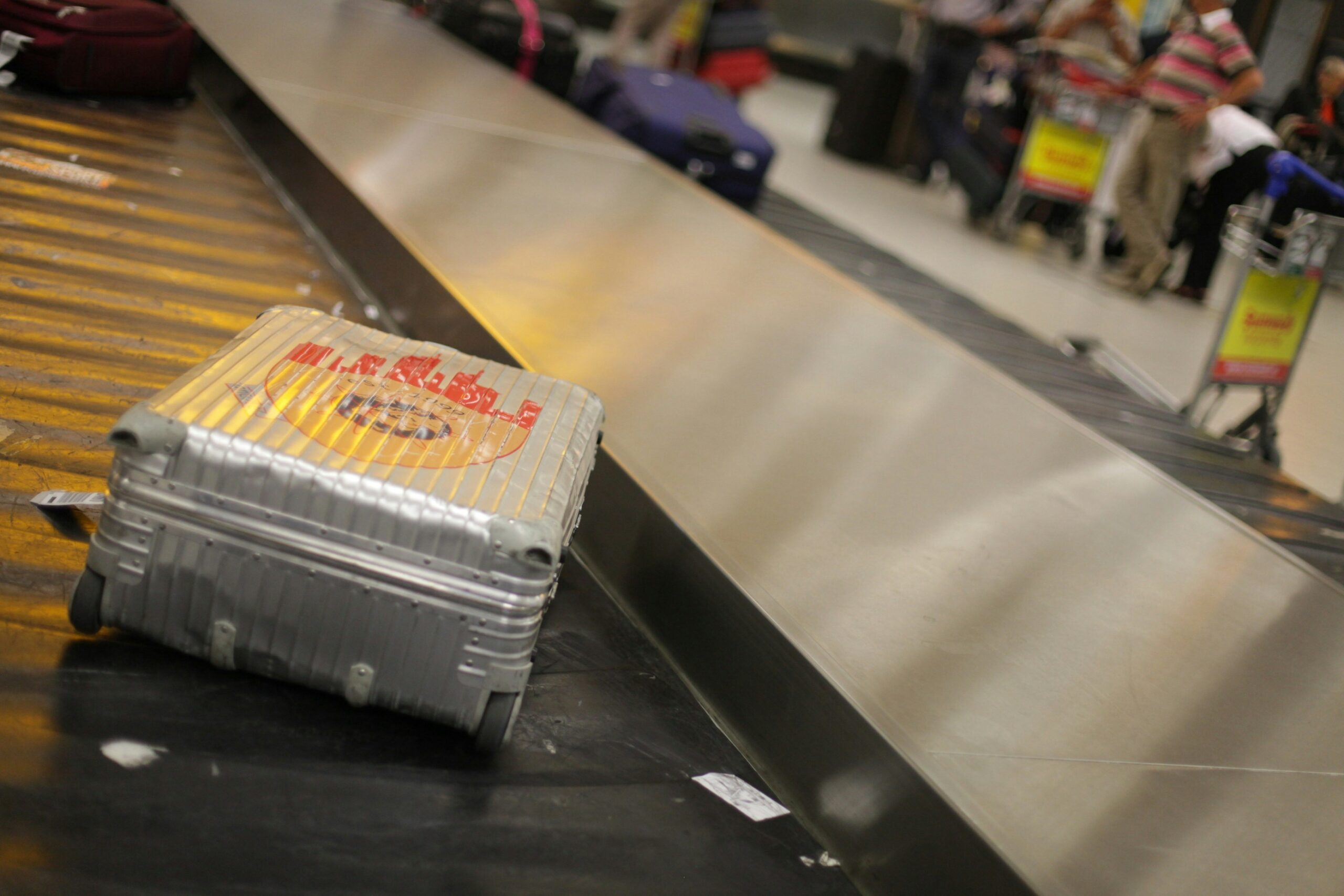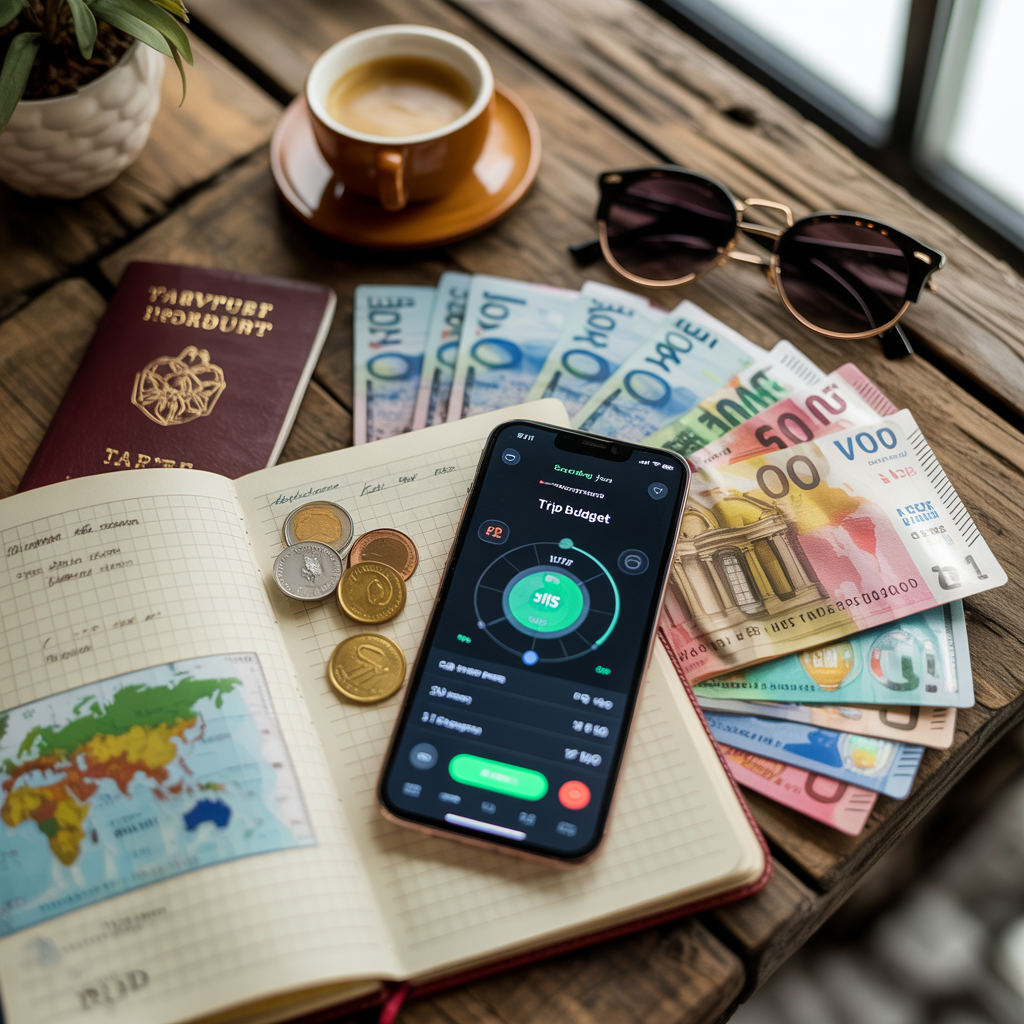AI-Powered Travel: How Smart Tools Are Changing the Way We Explore the World
When Your Phone Becomes Your Best Travel Companion
Last month, I watched a backpacker in a Bangkok café casually ask her phone to find vegetarian street food nearby, translate a Thai menu, and calculate the cheapest route to her next destination—all within minutes. What struck me wasn’t just the technology, but how naturally she weaved it into her travel experience.
This is the new reality of modern travel. Artificial Intelligence tools like ChatGPT, Google Translate, and smart travel apps have quietly revolutionized how we plan, navigate, and experience the world. Whether you’re a seasoned digital nomad or someone planning their first solo adventure, these tools can transform your journey from stressful to seamless.
The best part? You don’t need to be tech-savvy to use them effectively. Let’s explore how AI can become your invisible travel assistant, helping you discover hidden gems, save money, and travel more confidently.
Smart Trip Planning That Actually Saves Time (And Money)
Gone are the days of spending hours comparing flight prices across multiple tabs while drowning in contradictory travel advice. AI tools can now handle the heavy lifting of trip planning, giving you personalized recommendations based on your actual preferences and budget.
Here’s how real travelers are using ChatGPT for planning:
Instead of generic travel guides, try specific prompts like:
- “I have $2,000 for a 3-week trip to Southeast Asia. I love street food and want to avoid touristy beaches. Plan an itinerary with good WiFi for remote work.”
- “Find me the most scenic train routes between European cities with stops in smaller towns, not capitals.”
- “What’s the shoulder season for Morocco, and which cities offer the best balance of culture and affordability?”
The magic happens when you combine ChatGPT with tools like Rome2Rio for transportation options or Nomad List for destination insights. Ask the AI to analyze multiple data sources and present options you might never have considered.
Pro tip: Don’t just ask for itineraries—ask for alternatives. “If flights to Bali are expensive, what similar destinations offer better value right now?” This approach has led travelers to discover incredible places like Flores Island or the Gili Islands at a fraction of the cost.
Finding Places to Stay (Without Breaking the Bank)
Accommodation hunting used to mean endless scrolling through booking sites. Now, AI can help you find unique stays that match your style and budget while avoiding tourist price inflation.
Smart accommodation prompts to try:
- “Find neighborhoods in Barcelona where locals actually live, with good public transport and under €40/night.”
- “I’m traveling to Japan for 2 weeks. Compare capsule hotels, hostels, and Airbnb for a solo female traveler.”
- “Draft a message to this Airbnb host asking for a monthly discount—I’m a clean, quiet remote worker.”
Many travelers are discovering platforms like TrustedHousesitters or Workaway through AI recommendations. ChatGPT can help you craft compelling applications for house-sitting gigs or work exchanges, often resulting in free accommodation in exchange for pet care or light help.
One nomad I know used AI to negotiate a 40% discount on a month-long Airbnb stay in Mexico City simply by having ChatGPT help refine her message to highlight her value as a long-term, responsible guest.
Staying Productive While Exploring
For remote workers and digital nomads, maintaining productivity while constantly changing environments is crucial. AI tools have become game-changers for managing work on the road.
Practical ways AI boosts travel productivity:
- Content creation: Use ChatGPT to draft emails, social media posts, or client proposals while you’re between destinations
- Time zone management: “Create a work schedule for a freelancer in Vietnam collaborating with US East Coast clients, including buffer time for exploration”
- Language barriers: Quickly translate client communications or local business documents
- Task automation: Integrate tools like Zapier with AI to automate repetitive tasks
Real example: A freelance photographer used ChatGPT to automatically generate Instagram captions for her travel photos, saving 2 hours daily that she redirected toward exploring local markets and meeting fellow travelers.
The key is setting boundaries. Use AI to handle routine tasks so you can be fully present during cultural experiences and personal connections.
Eating Like a Local (Safely and Affordably)
Food experiences can make or break a trip, but navigating local cuisine safely while staying within budget requires insider knowledge. AI can provide that local insight instantly.
Smart food exploration with AI:
- “What are 5 must-try dishes in Kerala, India, and where do locals eat them cheaply?”
- “I’m allergic to shellfish—help me identify warning signs in Vietnamese menus”
- “Find cooking classes in Istanbul taught by local families, not tourist operations”
Beyond restaurant recommendations, AI can help you understand food etiquette, tipping customs, and even seasonal specialties you might miss. It’s like having a local friend in every destination who knows exactly where you should and shouldn’t eat.
Safety tip: Always ask about food hygiene practices for street food in specific regions. AI can provide updated safety guidelines that guidebooks might miss.
Traveling Responsibly in the AI Era
Sustainable travel isn’t just about carbon footprints—it’s about making choices that benefit local communities and preserve destinations for future travelers. AI can help you travel more thoughtfully.
Conscious travel prompts:
- “Find locally-owned guesthouses in Cambodia that employ local staff and support community projects”
- “What’s the most environmentally friendly way to travel from Prague to Vienna?”
- “Suggest volunteer opportunities in Costa Rica for travelers interested in wildlife conservation”
Tools like Joro can track your carbon footprint while ChatGPT suggests lower-impact alternatives for transportation and accommodation.

Staying Safe and Culturally Aware
Travel safety and cultural sensitivity are non-negotiable, especially for solo travelers or those visiting unfamiliar regions. AI provides real-time, location-specific guidance that static guidebooks can’t match.
Essential safety and culture prompts:
- “What are current safety concerns for solo female travelers in Morocco, and how can I navigate them respectfully?”
- “Explain appropriate dress codes for visiting temples in Myanmar”
- “What are common tourist scams in Rome, and how can I avoid them?”
AI can also help you understand local laws, visa requirements, and cultural practices that might affect your travel experience. This is particularly valuable for LGBTQ+ travelers or those with specific dietary restrictions.
Building Connections and Finding Community
Travel is ultimately about human connections, and AI can help you find your tribe wherever you go. From coworking spaces to hobby groups, the right prompts can unlock local communities.
Community-building prompts:
- “Find weekly events in Mexico City for Spanish language exchange and professional networking”
- “What are active digital nomad communities in Medellín with regular meetups?”
- “Locate rock climbing groups in Chiang Mai that welcome beginners”
Platforms like Nomad List, Discord servers, and Telegram groups become much more valuable when AI helps you identify which communities align with your interests and values.
Making AI Work for Your Travel Style
The goal isn’t to let AI plan your entire trip—it’s to use these tools strategically so you can focus on what matters most: authentic experiences, meaningful connections, and personal growth.
Best practices for AI-assisted travel:
- Use AI for logistics and research, not for spontaneous decisions
- Always verify critical information (visa requirements, safety alerts) through official sources
- Combine AI recommendations with local advice and your own instincts
- Keep some room for serendipity—the best travel moments often come unplanned
Whether you’re planning a weekend getaway or a year-long adventure, AI tools can handle the mundane tasks that previously consumed hours of your time. This leaves you free to do what travel does best: challenge your assumptions, broaden your perspective, and create memories that last a lifetime.
The technology is here, it’s accessible, and it’s already changing how millions of people explore the world. The only question is: where will it take you next?
Related Post: Language Learning with AI













